Loading...
Click here if you don’t see subscription options
Click here if you don’t see subscription options

Politics & SocietyShort Take
In the weeks since the Supreme Court ruled in Dobbs, organizations like ours have been maligned by politicians and pundits who claim that proper care for women facing pregnancies must include direct and unrestricted access to abortion.
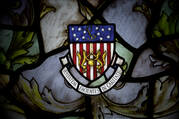
FaithFeatures
An open mind and an open heart: America magazine’s editor in chief on a decade of pursuing the truth
For the last decade we have tried to help counter the effects of ideological partisanship by breaking down the echo chambers it relies on; to host a different kind of discourse, a forum for a diversity of viewpoints.

Politics & SocietyLast Take
What does it mean to be the lay leader of a Catholic university at this apocalyptic moment in our history? It is an opportunity to speak more loudly about our core principles.
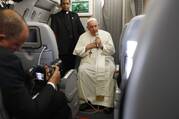
FaithVatican Dispatch
Aboard the papal plane, Pope Francis addresses questions about future travel, the doctrine of discovery, contraception and Germany’s Synodal Way.
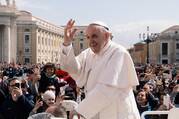
FaithLast Take
Diego Fares, S.J., who died of cancer last week in Rome at age 66, was arguably the greatest interpreter of the thought and way of proceeding of Pope Francis.

Politics & SocietyDispatches
A new poll found that 75 percent of Hispanic Catholics say abortion should be legal in “most or all cases.” But interviews with community and faith leaders suggest more nuance, and more ambivalence, among Latinos.
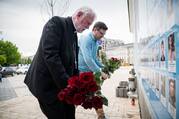
Politics & SocietyVatican Dispatch
“We’re getting to a very dangerous situation worldwide,” the Vatican’s secretary for relations with states said, “and it wouldn’t take much to make things even worse” and to arrive at “a world in conflict.”

FaithNews
Pope Francis said he would not live in the Vatican or return to his native Argentina if and when he ever retires, but would instead like to find a church in Rome where he could continue hearing confessions.

FaithVatican Dispatch
Were a papal document forthcoming it could lead to a new and definitive papal teaching document on issues as polarizing as contraception, assisted procreation and palliative care.
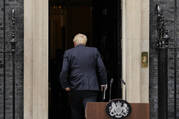
Politics & SocietyNews Analysis
“Sow integrity for yourselves,” urges Hosea. Right now in the U.K., that feels like the most urgent political task.
